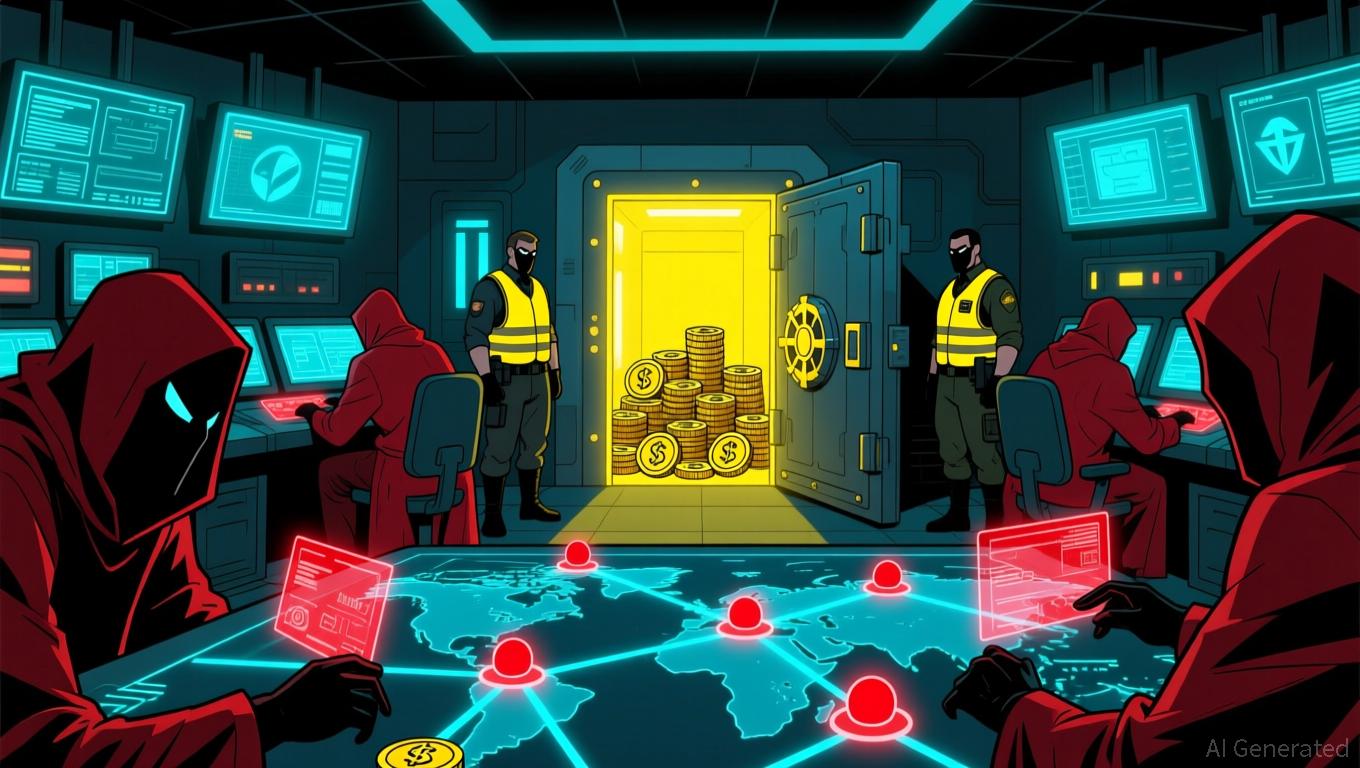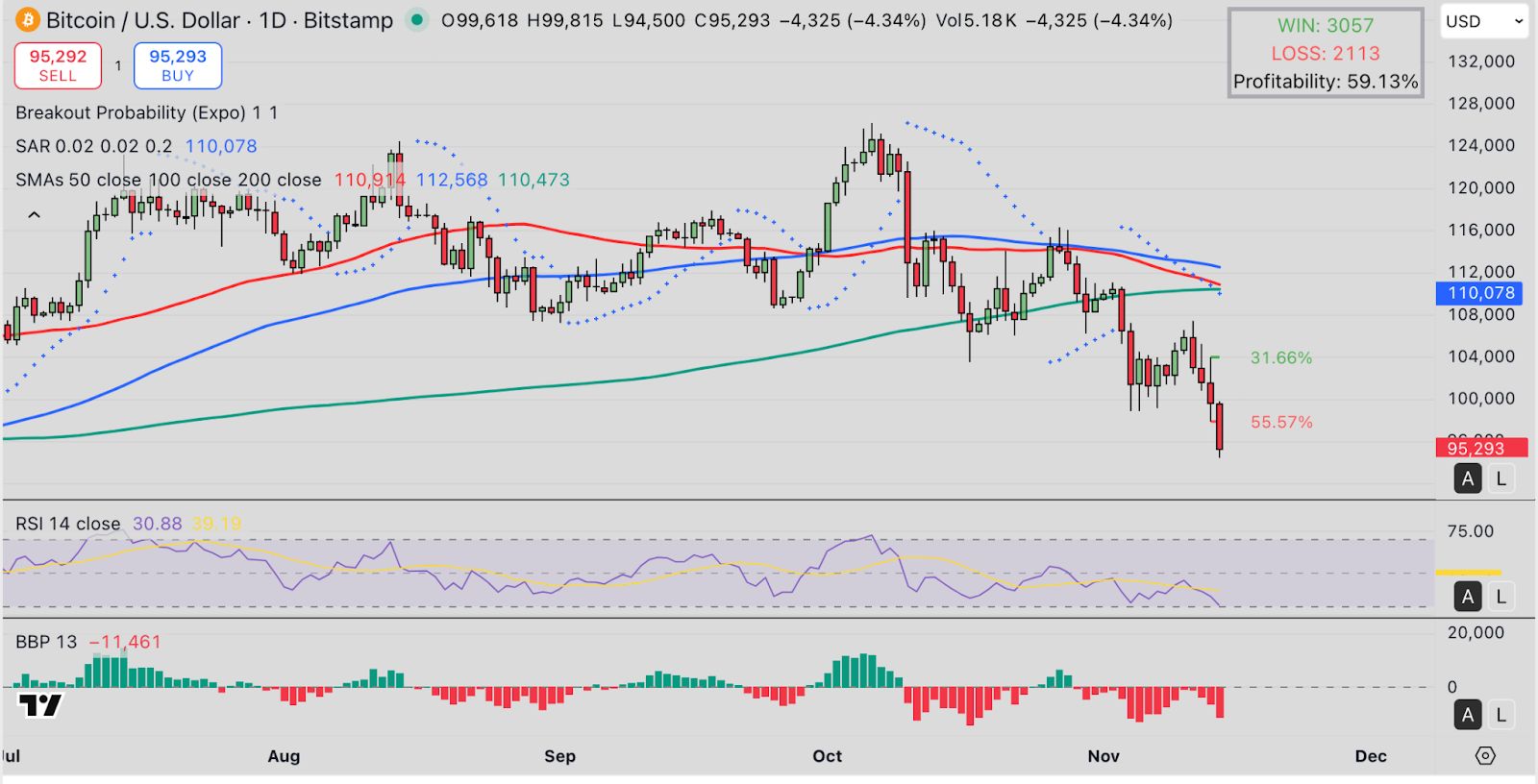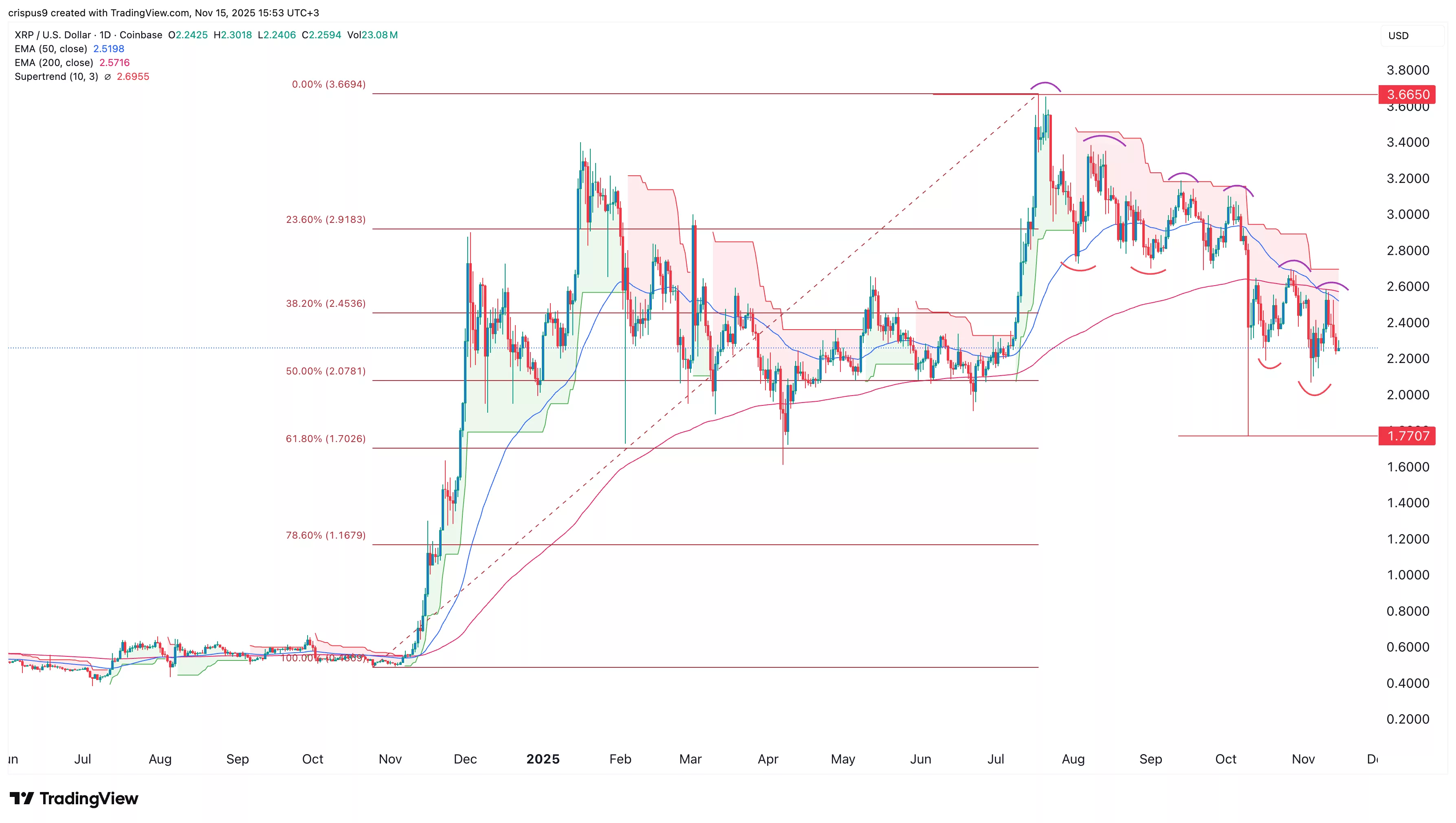DOJ Cracks Down on North Korea's Cryptocurrency Network by Seizing $15M in Tether
- U.S. DOJ seized $15M in Tether linked to North Korean hackers, targeting sanctions-busting crypto operations via stolen identities and remote work schemes. - APT38 group and "domestic helpers" facilitated DPRK fund siphoning, masking IP addresses and routing payments to evade sanctions. - The crackdown highlights rising stablecoin risks, regulatory scrutiny, and cross-border efforts like the U.S.-Thailand $12M USDT seizure. - Investors face increased volatility and compliance costs, while Trump's crypto
The U.S. Department of Justice has confiscated $15 million worth of Tether's
The Justice Department’s intervention targets North Korea’s exploitation of stolen American identities and remote work arrangements to divert money from U.S. businesses. These so-called “domestic helpers” helped North Korean operatives secure jobs, disguise their online locations, and funnel salaries into financial channels linked to the Democratic People’s Republic of Korea (DPRK).

This enforcement wave draws attention to the increasing risks facing stablecoins like USDT, which are vital for trading and settlements on offshore platforms. Regulators are putting these assets under greater scrutiny for their potential role in illegal finance, and the DOJ’s actions show that on-chain assets are not immune to law enforcement. For the market, the trend of freezing and confiscating crypto assets brings three main challenges:
In addition, the Trump administration’s suggestion to create a federal “bitcoin strategic reserve”—holding seized digital currencies as long-term assets—adds further uncertainty. Although the proposal seeks to avoid selling off confiscated coins, there are still unresolved legal issues, such as the need for congressional approval.
International collaboration is also ramping up. A recent joint operation between the U.S. and Thailand resulted in the seizure of $12 million in USDT from a Southeast Asian scam syndicate, illustrating the growing cross-border fight against crypto-related crime.
For crypto investors, the DOJ’s recent actions point to a changing environment. While short-term volatility and compliance expenses may increase, ongoing crackdowns on state-sponsored theft could ultimately boost confidence in blockchain markets. The North Korea case, however,
Disclaimer: The content of this article solely reflects the author's opinion and does not represent the platform in any capacity. This article is not intended to serve as a reference for making investment decisions.
You may also like
Bitcoin Price Stumbles Below $95K as Liquidity Shifts and Fed Transition Drive Market Repricing

Warren Buffett’s Berkshire Hathaway initiates $4.3B position in Alphabet, trims Apple holdings
XRP price flashing warning signs despite Ripple ETF gains

Stunning Goldman Sachs Move: Acquires 17.4M More BlackRock Spot ETH ETF Shares in Bold Q3 Expansion